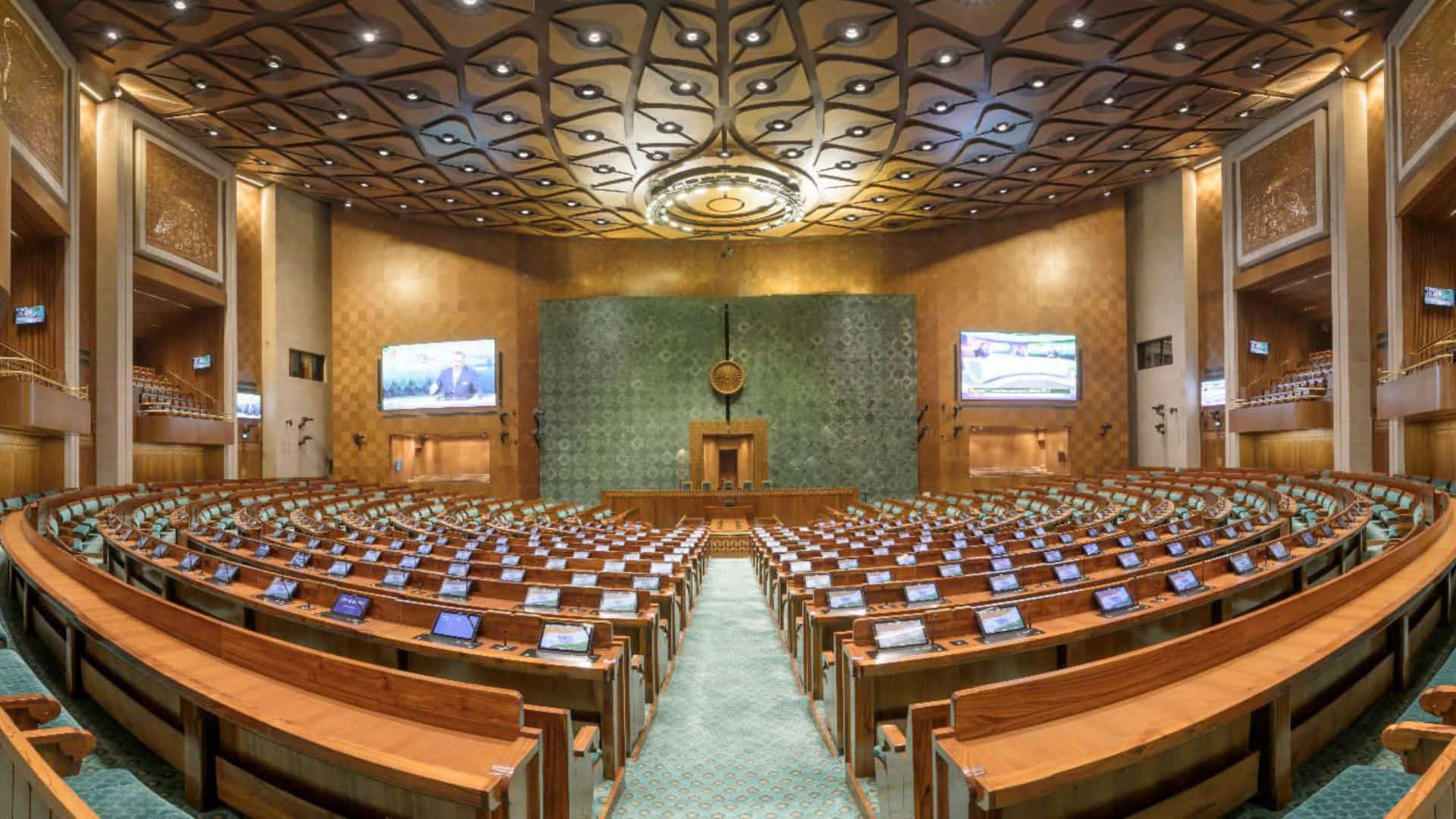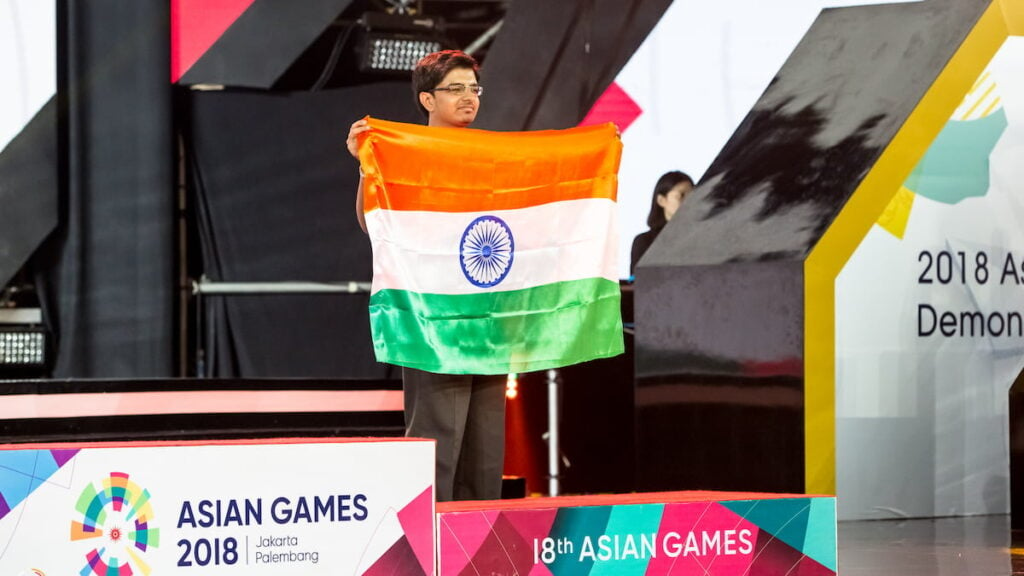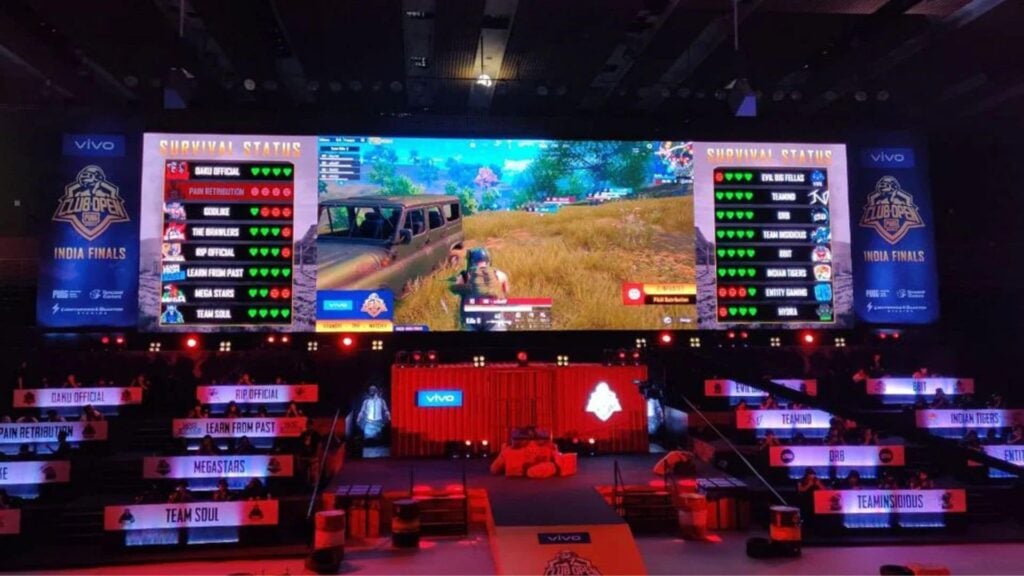
India’s Parliament has passed the Promotion and Regulation of Online Gaming Bill 2025, banning all forms of online gaming involving real money. Despite strong opposition protests, the legislation cleared the Rajya Sabha (Council of States) last Aug. 21, a day after its approval in the Lok Sabha (House of the People).
The Bill prohibits the operation, advertising, and financial facilitation of online money games, including fantasy sports, poker, rummy, and lotteries. Banks and fintech firms are barred from processing related transactions. Violators could face up to three years in prison and fines of up to one crore Indian rupees (around $176,000).
“Online money gaming has become a matter of concern as such platforms have led to addiction and have also been used for fraud and cheating, and it has also led to financial losses to people,” Ashwini Vaishnaw, the minister for electronics and information technology, told legislators, according to the Deccan Chronicle.
Officials estimate that more than 450 million people lose nearly 20,000 crore ($3.5 million) annually through such platforms. The government argues that the ban is aimed at protecting citizens from fraud and financial harm.

S. Krishnan, secretary at the Ministry of Electronics and IT, clarified that the law would not hinder positive innovation, saying: “Esports, educational games, and socially constructive formats will continue to receive government support.”
The Bill also lays the groundwork for a new regulatory authority to oversee licensing for esports and social gaming.
Massive fallout expected after Indian Parliament’s passage of Online Gaming Bill
India’s online gaming industry has strongly opposed the passage of the Online Gaming Bill, with groups warning that the ban could result in over 200,000 job losses and the closure of around 400 companies.
The Federation of Fantasy Sports (FIFS), the E-Gaming Federation (EGF), and the All India Gaming Federation (AIGF) issued a joint statement urging intervention. “We firmly believe that progressive regulation and not prohibition is the way forward for the legitimate Indian industry. With your guidance, India can set a global example by building a safe, transparent, and thriving digital gaming ecosystem.”
The effects are already being felt. Dream11, a major fantasy sports operator, has shut down its real-money gaming operations and withdrawn its title sponsorship for the Indian cricket team. Other platforms such as MPL, Winzo, and GamesKraft are reportedly considering similar exits.
Meanwhile, esports companies have cautiously welcomed the government’s recognition of their sector.

Akshat Rathee, co-founder of NODWIN Gaming, said: “The government’s intent to recognize and promote esports is an encouraging step towards building a globally competitive ecosystem. However, precise definitions distinguishing esports, online gaming, online social gaming, and online money gaming are essential to avoid confusion.”
The Online Gaming Bill now awaits the signature of President Droupadi Murmu before becoming a law.







